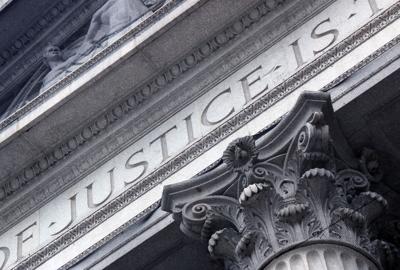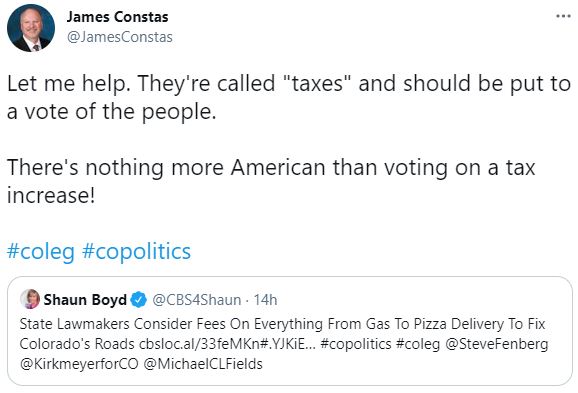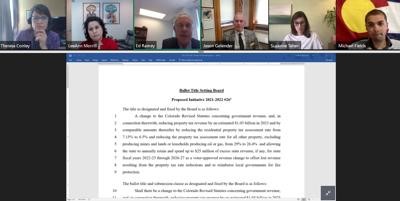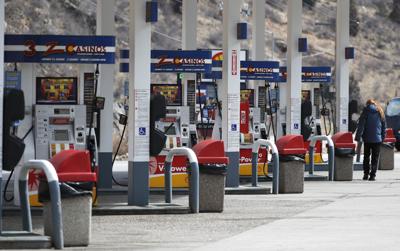
- Debate over North Carolina’s recently proposed Taxpayer Bill of Rights will begin heating up soon
- Opponents will likely try to portray Colorado’s experience in a negative light, to serve as a warning
- Their major claims, however, are easily debunked
North Carolina legislators recently filed a bill that would enable voters to decide if a Taxpayer Bill of Rights should be added to the state constitution.
The main feature of a Taxpayer Bill of Rights is that it would limit the annual growth rate of the state budget to a rate tied to inflation plus population growth. Other provisions would require voter approval of tax increases and mandate that excess revenue collections be used to bolster the state’s Rainy Day fund and refunded back to taxpayers.
The benefits of a Taxpayer Bill of Rights are many, most notable in that it would make permanent the fiscal restraint that conservative lawmakers have exercised over the last decade. Common-sense restraints on spending can smooth out spending cycles, better prepare the state for economic downturns, and enable tax cuts to make North Carolina more competitive for investment and job growth.
To continue reading this story, please click (HERE):






